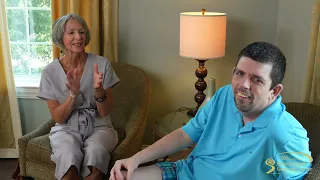2 weeks
81252
$500
The frequency of childhood deafness is estimated to be 1/500. Half of this hearing loss is genetic and approximately 80% of genetic hearing loss is nonsyndromic and inherited in an autosomal recessive manner. Approximately 50% of childhood nonsyndromic recessive hearing loss is caused by mutations in the connexin 26 (Cx26) gene (GJB2/DFNB1), making it the most common form of autosomal recessive nonsyndromic hearing loss with a carrier rate estimated to be as high as 1 in 36 (2.8%). Newborns with confirmed hearing loss should have Cx26 testing. Cx26 testing will help define a group in which approximately 60% will have profound or severe-profound hearing loss requiring aggressive language intervention.
Sanger sequencing
The preferred sample type is 3-5 ml of peripheral blood collected in an EDTA (purple top) tube. Saliva and extracted DNA are also acceptable sample types. Saliva samples must be submitted in an approved saliva kit. Contact the lab to receive a saliva kit or to have one sent to your patient.
The specimen should be kept at room temperature and delivered via overnight shipping. FedEx is preferred. If shipment is delayed by one or two days, the specimen should be refrigerated and shipped at room temperature. Do not freeze the specimen. Samples collected on Friday can be safely designated for Monday delivery.
Prenatal diagnosis is available if the familial mutation is known. Additional fees for cell culture and maternal cell contamination may apply. Maternal cell contamination studies are required for all prenatal molecular tests. Contact the laboratory prior to sending a prenatal specimen.
Call our laboratory at 1-800-473-9411 or contact one of our Laboratory Genetic Counselors for assistance.
Robin Fletcher, MS, CGC
Falecia Thomas, MS, CGC
Alex Finley, MS, CGC
